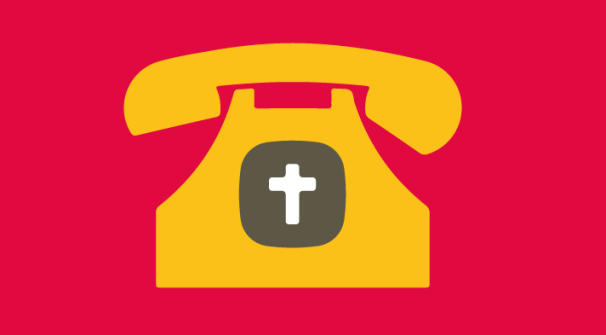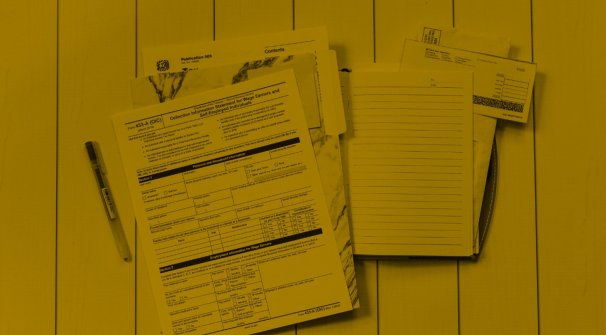As a charity, receiving donations is a vital part of your work. But do you know how to deal with them properly?
Following some high-profile cases where charities (correctly or incorrectly) felt they had to return donations, the Charity Commission has published helpful guidance on accepting, refusing and returning donations to your charity.
In short, the guidance re-affirms and clarifies:
- The starting point (in law) must be that a charity should accept donations given to it. Personal considerations, objections or preferences should not necessarily dictate a charity’s decision.
- Once a charity has accepted a donation, there is a very high bar to overcome before it is able to return a donation, and a charity should take great care not to break the law.
As always, it’s less clear-cut when theory collides with the real world! The guidance tries to give a framework for charities through which to navigate this uncertainty.
Interestingly, the Charity Commission seems to take a more permissive view of charities’ ability to return donations without the Commission’s approval. Previously, they stated that returning a donation may need their approval, and this is quite a significant change in position.
This new guidance relies on a general power under law to refuse a donation, or when returning donations, a general provision available in most governing documents to do anything which furthers the charity’s purposes, is lawful and necessary or desirable to achieve the objects, or a general power to dispose of the charity’s property. They also make clear a charity can change its governing document to include such a power, or it may have a more specific power already to refuse or return donations.
While this change in position is welcome to reduce red tape for charities, trustees may consider approaching the Commission for their consent in high risk cases, or for large donations until this change in policy is perhaps clarified in future versions of the guidance.
Key points to consider
- Accepting donations: You should have a clear policy on what types of donations you will accept and how you will use them. You should also check the source and legitimacy of the donations, and comply with any legal or regulatory requirements. For example, you may need to report large cash donations or donations from overseas to HMRC.
- Refusing or returning donations:
- You must refuse donations which come from illegal sources or with illegal conditions, for example terrorism. If you have received an illegal donation, do not return it or contact the donor, but follow the applicable legal requirements.
- You must also refuse or return a donation in certain cases if a donor does not have the mental capacity to make the grant, or where a donor cannot legally make the grant – for example if the donor does not own the property that they claim to grant.
- You may well have to refuse or return a donation if it comes with unacceptable conditions or risks, for example where your independence will be compromised, the gift will bring unacceptable burdens (eg a property that will be too expensive to maintain and cannot be sold), it falls outside your charitable purposes or could be reputationally harmful. Note that a perception of potential harm to reputation (which could be very subjective!) is not necessarily in itself a good enough reason to refuse a donation.
- Returning donations: You may need to return a donation if it was given by mistake, or under undue influence or pressure, or if it was obtained unlawfully. There are specific rules for ex gratia payments (where the charity may have a moral obligation, but no legal one, to make a payment in its best interests). You may also need to return a donation if you cannot use it for the intended purpose, or if the donor asks for it back (specific rules apply to these ‘failed appeals’). You should check the terms of the donation, your charity’s governing document and the donor’s rights, and seek legal advice if necessary.
(Note: different rules apply in the case of grant funding that comes in the form of a contract, rather than a donation. Also be mindful of gift aid restrictions if a grant comes with repayment terms.)
You should document your decision and communicate it to the donor. You should also consider the impact of refusing or returning a donation on your charity’s finances, public trust and relationships.
The Charity Commission guidance provides more details and examples on how to handle donations in different scenarios. It also explains the role and responsibilities of trustees in ensuring that donations are managed properly and in the best interests of the charity. To stress again, the starting point is to accept a donation given. If it may be contentious, the trustees should document their careful considerations. The guidance lists a whole number of factors the trustees have to balance in taking their decision, and it can be a complicated factor. You may also have obligations to report donations to regulators or law-enforcement agencies, for example charities have to file a Serious Incident Report with the Charity Commission for anonymous donations over £25,000.
Why is this important for your charity?
Handling donations correctly is not only a legal and ethical obligation, but also a way of demonstrating good stewardship and accountability to your donors, beneficiaries and the public. The Charity Commission guidance will help your charity to:
- Protect your charity’s reputation: Accepting, refusing or returning donations can have a significant impact on how your charity is perceived by the public and the media. You should be transparent and consistent in your decisions and avoid any conflicts of interest or controversies that could damage your charity’s image. Possible reasons for a Christian charity to refuse a donation can include the damage it would cause to its reputation (including on staff recruitment or loss of donations) if it accepts donations sourced from prostitution, pornography, arms manufacturing, gambling or alcohol/tobacco. (We recognise that Christians take different views on some of these areas such as alcohol – this is where a written policy is helpful to articulate your church or charity’s particular stance).
- Build trust and confidence: Donors want to know that their money is going to a good cause and is used effectively and efficiently. You should acknowledge and thank your donors and keep them informed of how their donations are making a difference. You should also respect their wishes and preferences, and handle any complaints or queries promptly and professionally.
- Maximise your income and impact: Donations are a valuable source of income for your charity, and you should make the most of them. You should have a clear fundraising strategy and plan, and seek to diversify your income streams. You should also monitor and evaluate your fundraising activities and outcomes, and report on your achievements and challenges.
How can we help you?
At Stewardship, we are passionate about empowering charities to fulfil their vision and mission. We offer a range of professional services to help you with your governance and finances, such as independent examinations, payroll, consultancy and charity registration. We also provide resources and training to help you grow in your knowledge and skills.
We understand the challenges and opportunities that charities face in handling donations, and we are here to support you. Whether you need advice, guidance or practical assistance, we are ready to serve you. Contact us today and let us know how we can help you.
For more on this topic, please read our blog on what to consider when receiving money from abroad or unusual sources, which also contains links to other useful resources.
UCB Radio interview
Our Chief Generosity Officer, Daniel Jones, spoke to UCB Radio about how this new guidance could affect churches and Christian organisations.
Sharpen
Quarterly emails for trustees, treasurers and Church and Charity Leaders. Practical tools, technical resources and expert guidance to safeguard your mission and ministry.











